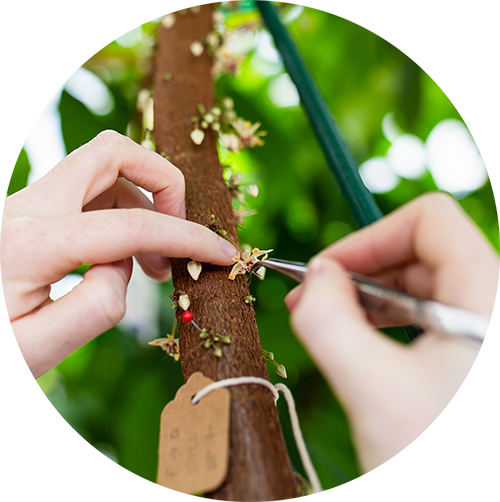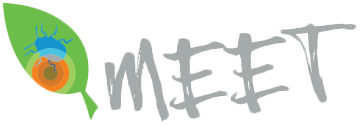The Department of Entomology and Plant Pathology provides leadership in the generation and dissemination of knowledge on insects, related arthropods, and plant and animal diseases that affect the quality of life of all Tennesseans. Our Department is the only academic unit in Tennessee with the mission and responsibility to provide basic and applied information on questions of plant diseases and insect related problems affecting plants, animals, and humans. Successful fulfillment of the mission requires a diverse complement of disciplinary expertise working in a highly integrated environment of teaching, research, extension, and outreach. Departmental programs focus primarily on solving problems within Tennessee, yet draw on information generated worldwide and, in turn, provide information that is useful throughout the world.

Upcoming Events
There are no upcoming events at this time


academics
EPP students have the opportunities to study a range of topics related to plant pathology, entomology and bioinformatics.
extension & outreach
UT Extension works with communities to improve lives by addressing problems and issues at the local, state and national levels.
MISSION
The mission of the Entomology and Plant Pathology (EPP) Department is to advance scientific knowledge and to provide science-based information to improve the sustainability of food and fiber production, protect natural resources, and enhance the lives of all people in Tennessee and across the world.
VISION
Our vision is to be a recognized and innovative leader in discovery, education, development, and applications related to entomology and plant pathology.
DIVERSITY
We are committed to a diverse, welcoming, and inclusive environment. We welcome students, postdoctoral research associates, visiting scholars, and others regardless of age, appearance, disability status, gender, gender identity, geographic background, marital/partnered status, political affiliation, race, religion, sexual orientation, and all other characteristics that make each of us unique. We continually work to create an inclusive environment that reflects the diversity of society in general. We aim to cultivate an environment built on mentorship, encouragement, tolerance, and mutual respect. We believe diversity brings together a wide range of abilities, experiences, perspectives, and world views that are crucial to enriching experiences and addressing challenging research questions.























































































































































































